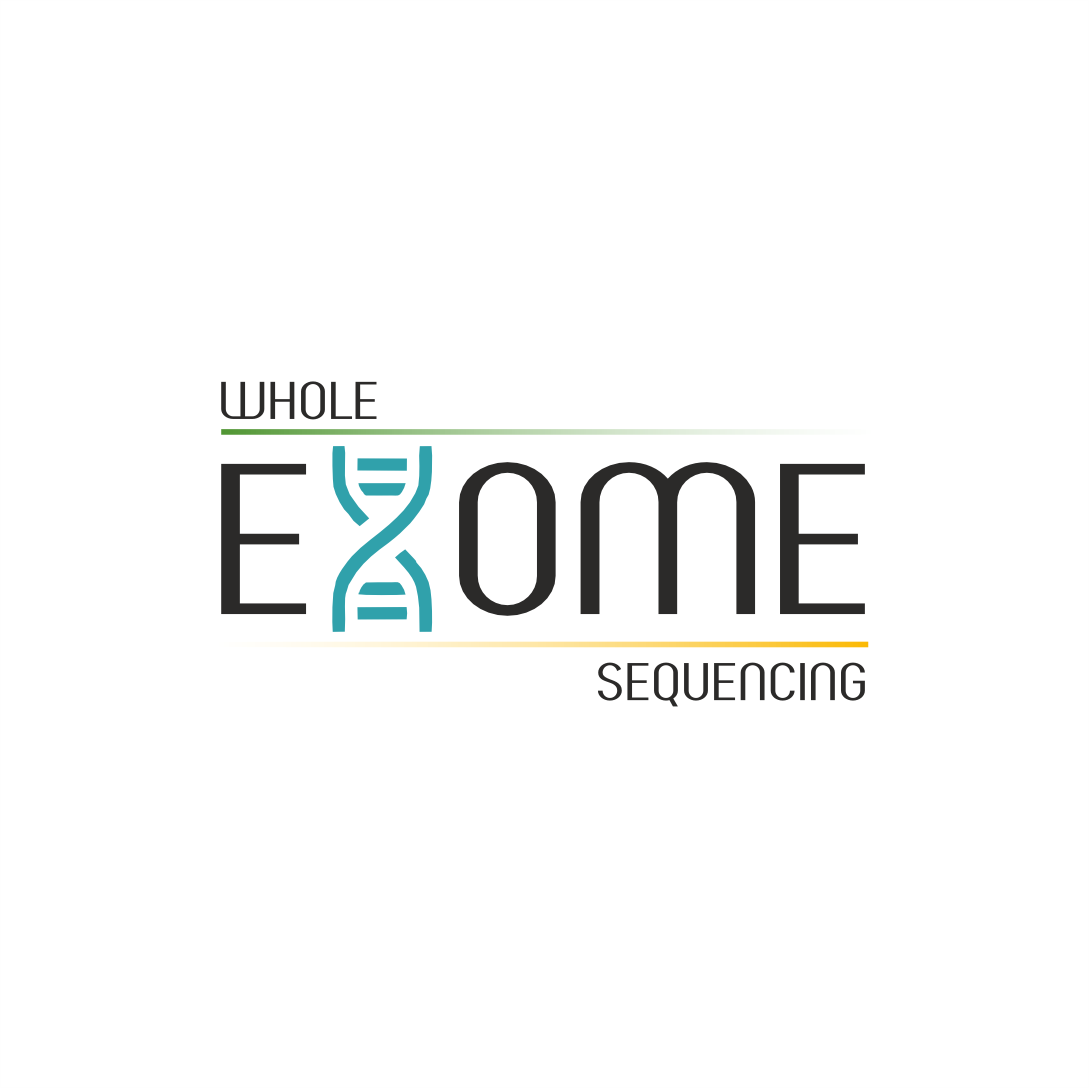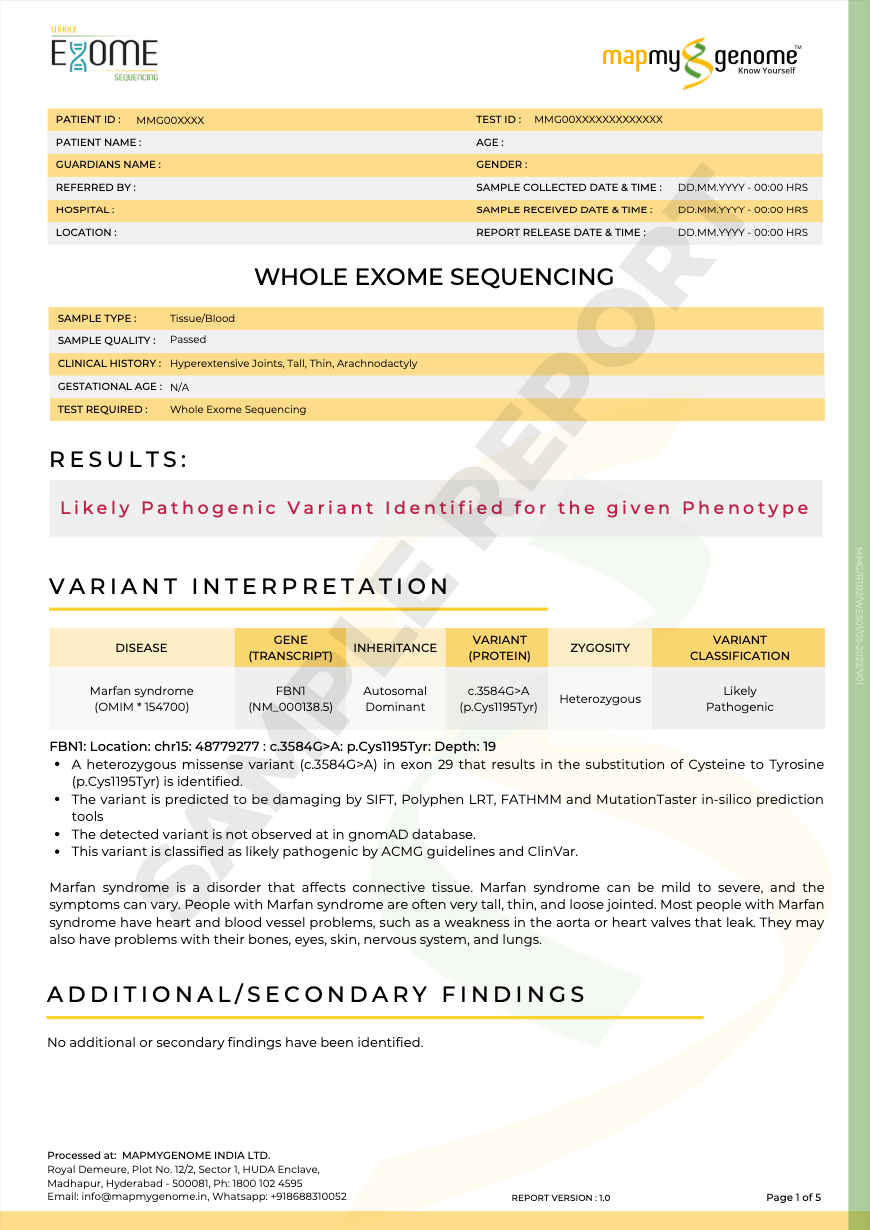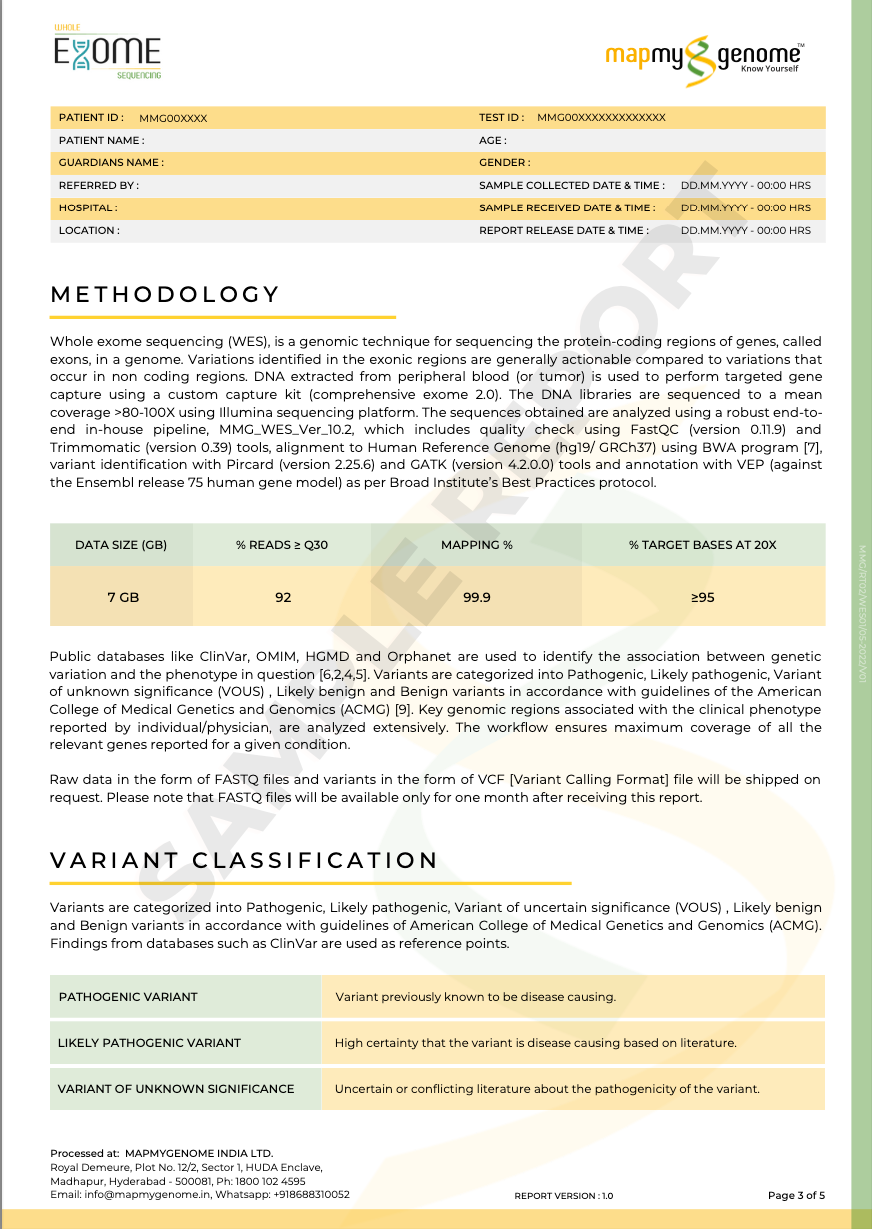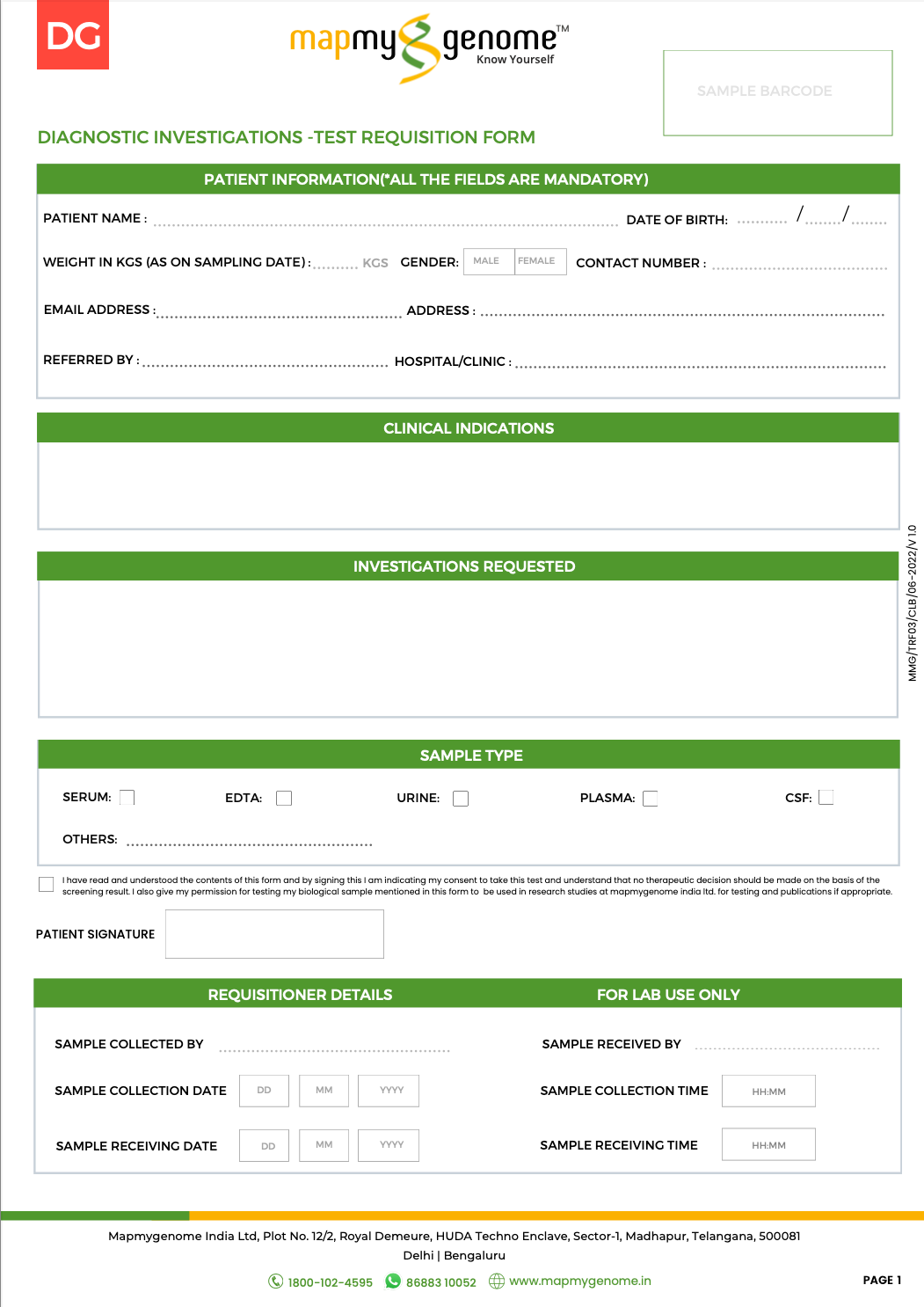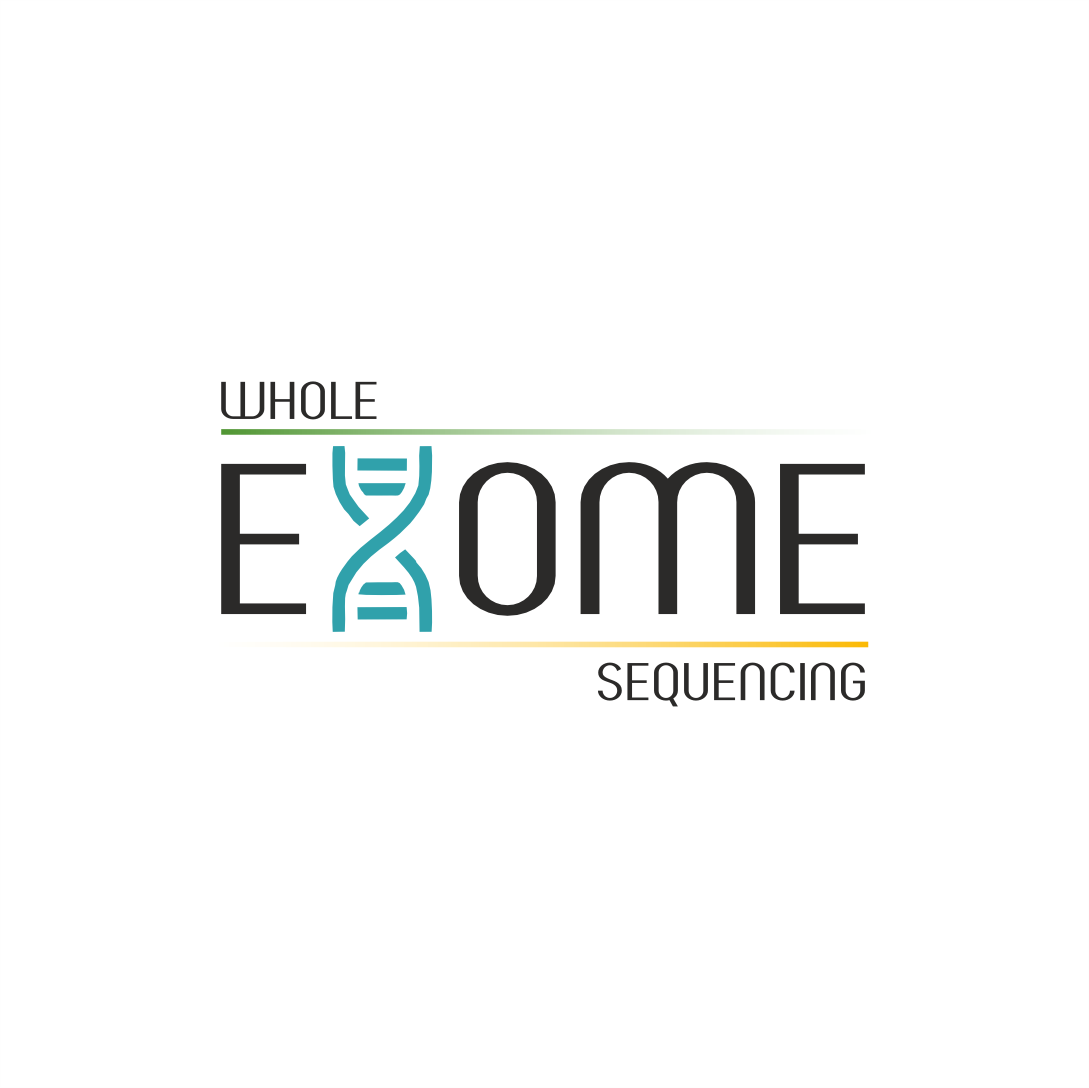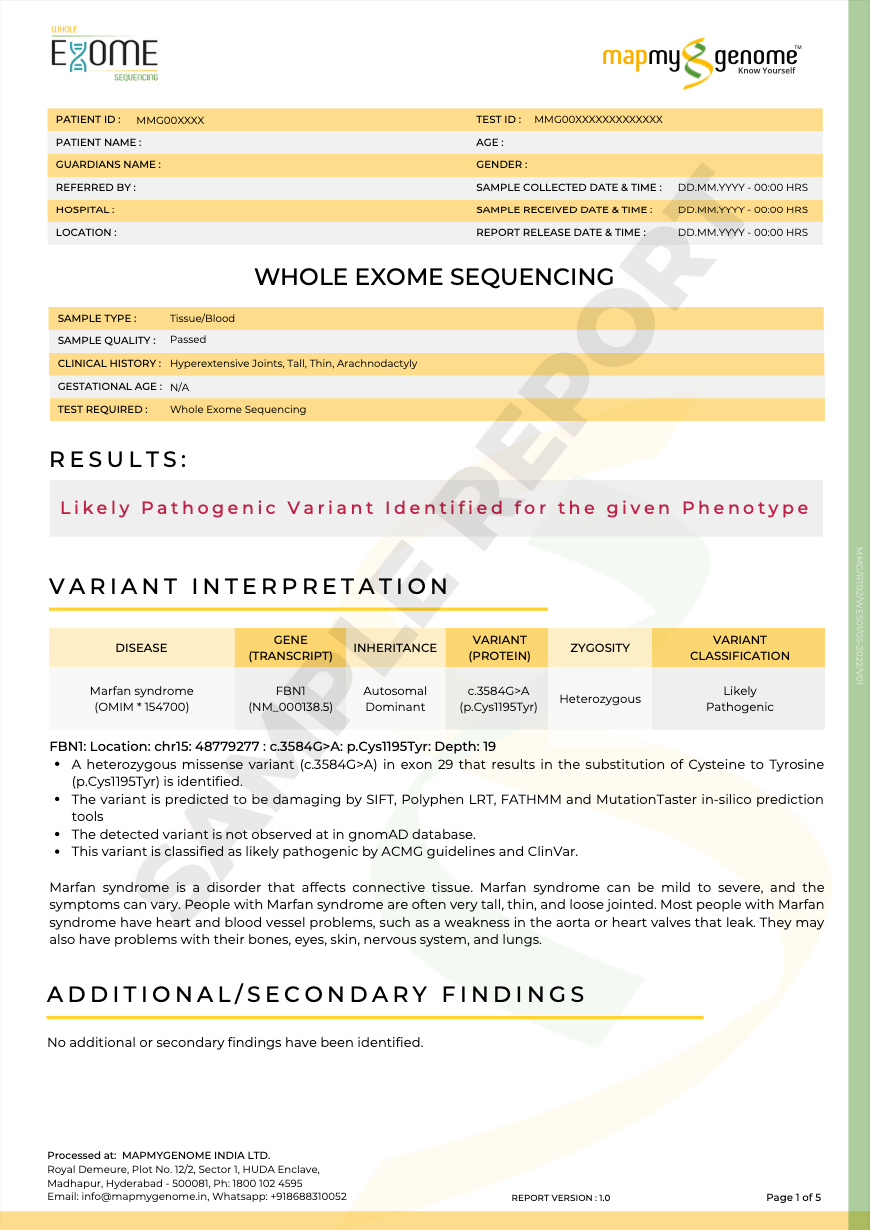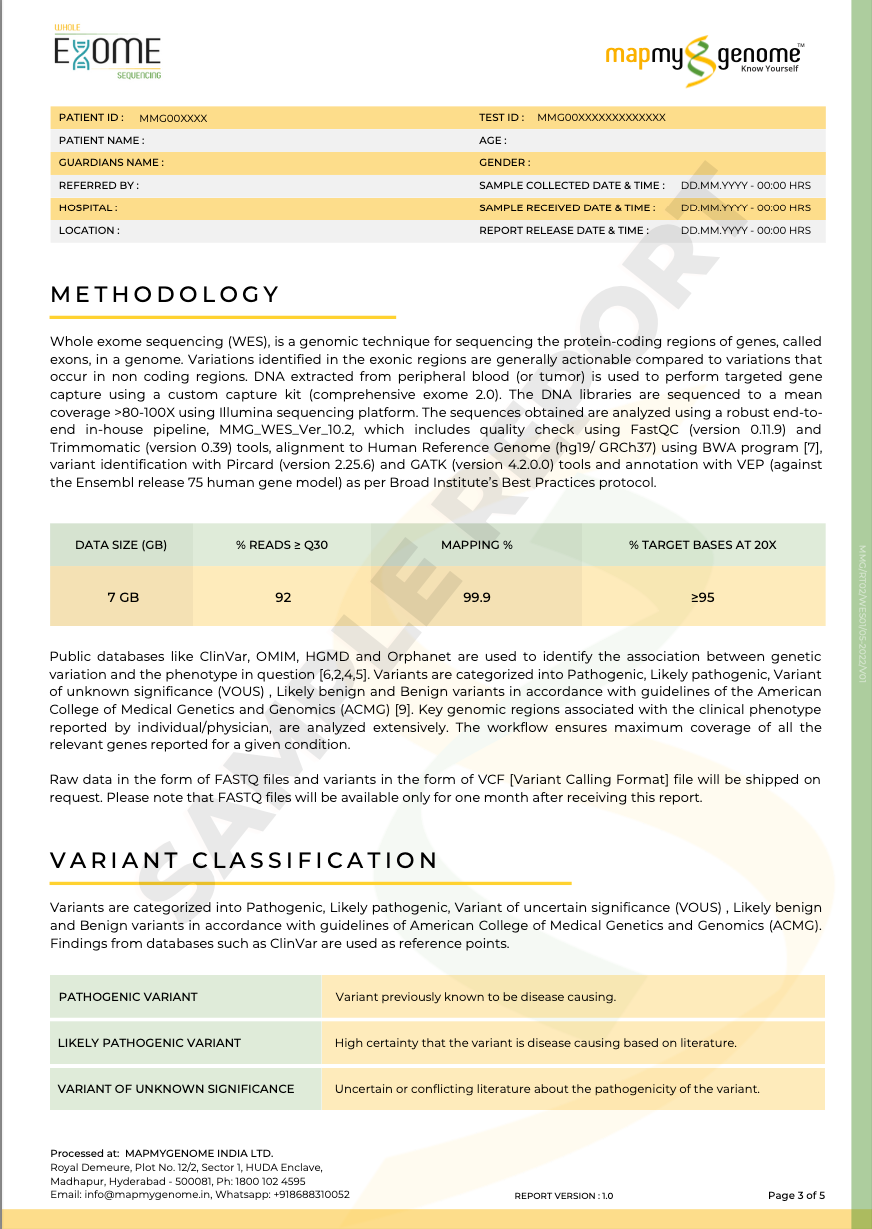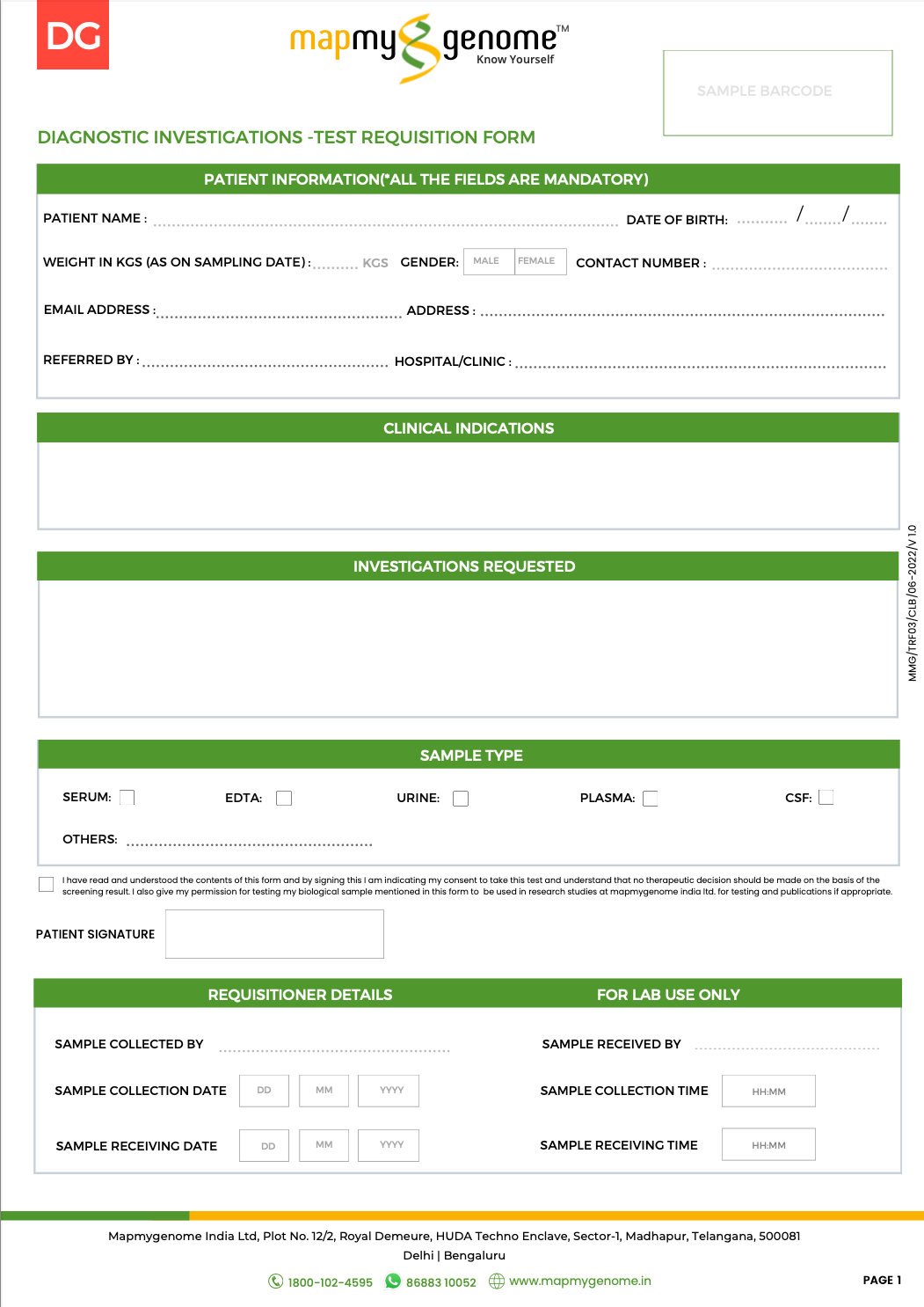Breast cancer is one of the most common cancers affecting women worldwide. In recent years, genetic testing has emerged as a powerful tool in assessing breast cancer risk, especially for those with a family history of the disease. One of the most well-known genetic markers for breast cancer risk is the BRCA gene mutation. In this blog, we’ll explore the significance of BRCA genetic testing, how it works, and how it can help women take proactive steps to manage their breast cancer risk.
What is BRCA?
The BRCA1 and BRCA2 genes are responsible for producing proteins that help repair damaged DNA. In a healthy state, these genes act as tumor suppressors, meaning they help prevent the development of cancer. However, when there is a mutation in either the BRCA1 or BRCA2 gene, the body’s ability to repair DNA is compromised, increasing the likelihood of certain types of cancer, particularly breast and ovarian cancer.
Women who carry a BRCA gene mutation have a significantly higher lifetime risk of developing breast cancer—up to 70% by age 80, compared to about 12% for women without the mutation. BRCA mutations also increase the risk of ovarian cancer and, to a lesser extent, other cancers such as pancreatic and prostate cancer in both men and women.
Who Should Consider BRCA Genetic Testing?
BRCA genetic testing is most often recommended for individuals with a family history of breast, ovarian, or other related cancers. Specific factors that may prompt consideration of testing include:
- A personal history of breast cancer diagnosed before age 50
- A family history of breast or ovarian cancer, particularly if multiple relatives have been affected
- Having a relative who has already tested positive for a BRCA mutation
- Being of Ashkenazi Jewish descent, as individuals from this group are at higher risk of carrying BRCA mutations
- A family history of male breast cancer
BRCA genetic testing can provide vital information for women who may be at an elevated risk of developing cancer, helping them make informed decisions about prevention and early detection.
How Does BRCA Genetic Testing Work?
BRCA genetic testing is a simple process that typically involves providing a blood or saliva sample. The sample is analyzed to detect any mutations in the BRCA1 or BRCA2 genes. If a mutation is found, it indicates an increased risk of breast cancer and other cancers. However, it’s important to note that not all women with BRCA mutations will develop cancer, and conversely, women without BRCA mutations can still develop breast cancer.
The results of BRCA genetic testing can be life-changing. For women who test positive for a BRCA mutation, there are several strategies available to manage cancer risk, including heightened surveillance, lifestyle modifications, and preventive surgeries.
The Impact of Testing Positive for BRCA Mutation
If you test positive for a BRCA gene mutation, it’s natural to feel overwhelmed. However, knowledge is power. Armed with this information, you can take proactive steps to reduce your risk and potentially prevent cancer altogether. Here are some of the key options available:
-
Enhanced Surveillance:
Women with BRCA mutations are typically advised to begin breast cancer screening at an earlier age than the general population, often starting in their 20s or 30s. This may include annual mammograms and breast MRI scans. Enhanced surveillance aims to detect cancer at the earliest possible stage, when it is most treatable. -
Chemoprevention:
Some women with BRCA mutations may opt for chemoprevention, which involves taking medications such as tamoxifen or raloxifene to reduce the risk of developing breast cancer. These drugs work by blocking estrogen receptors in breast tissue, which can help prevent hormone-driven cancers. -
Risk-Reducing Surgery:
For women with a very high risk of developing breast cancer, preventive (prophylactic) surgery is an option. This may include a prophylactic mastectomy, where one or both breasts are surgically removed, and a prophylactic oophorectomy, where the ovaries are removed to reduce the risk of ovarian cancer. These surgeries can significantly reduce the risk of developing cancer, though they are major decisions that require careful consideration. -
Lifestyle Modifications:
While BRCA mutations increase the risk of cancer, adopting a healthy lifestyle can still play a role in cancer prevention. Maintaining a healthy weight, engaging in regular physical activity, limiting alcohol consumption, and avoiding smoking are all factors that can help lower your overall cancer risk.
BRCA Testing for Family Members
One of the most important aspects of BRCA genetic testing is its implications for family members. If you test positive for a BRCA mutation, your children, siblings, and other relatives may also be at risk. It’s essential to share this information with your family so they can consider undergoing testing and making informed decisions about their health.
BRCA testing can empower families to take control of their cancer risk by undergoing early screening or pursuing preventive measures, potentially saving lives.
Emotional Considerations of BRCA Testing
While BRCA genetic testing provides critical information, it also comes with emotional challenges. For many women, learning they carry a BRCA mutation can lead to anxiety, fear, and uncertainty. It’s important to have a strong support system in place and to work closely with healthcare professionals who specialize in cancer genetics. Genetic counseling is often recommended before and after testing to help individuals understand the results and navigate their options.
Why Is BRCA Genetic Testing Important?
BRCA genetic testing is a powerful tool for women at risk of hereditary breast cancer. It provides a clearer picture of one’s cancer risk and enables early detection and prevention efforts. Early diagnosis is crucial in treating breast cancer successfully, and BRCA testing allows women to take proactive measures to protect their health and their future.
Testing can also inform treatment decisions for women who are already diagnosed with breast cancer. Knowing whether a BRCA mutation is present can impact the choice of surgery, treatment, and other interventions. For example, some women may choose to undergo a bilateral mastectomy instead of a lumpectomy to reduce the risk of cancer recurrence.
Final Thoughts: Take Control of Your Breast Cancer Risk
If you have a family history of breast cancer or other risk factors, BRCA genetic testing can provide invaluable insight into your breast cancer risk. The knowledge gained from this test can empower you to make informed decisions about your health, whether it’s increasing surveillance, considering preventive measures, or simply understanding your risk.
While BRCA testing may seem daunting, it is an essential step for women who want to take control of their health and reduce their breast cancer risk. If you’re considering BRCA testing, consult with your healthcare provider to discuss your options and determine if this test is right for you.



